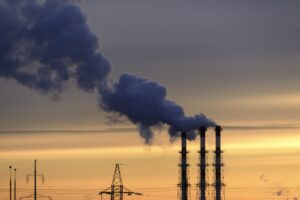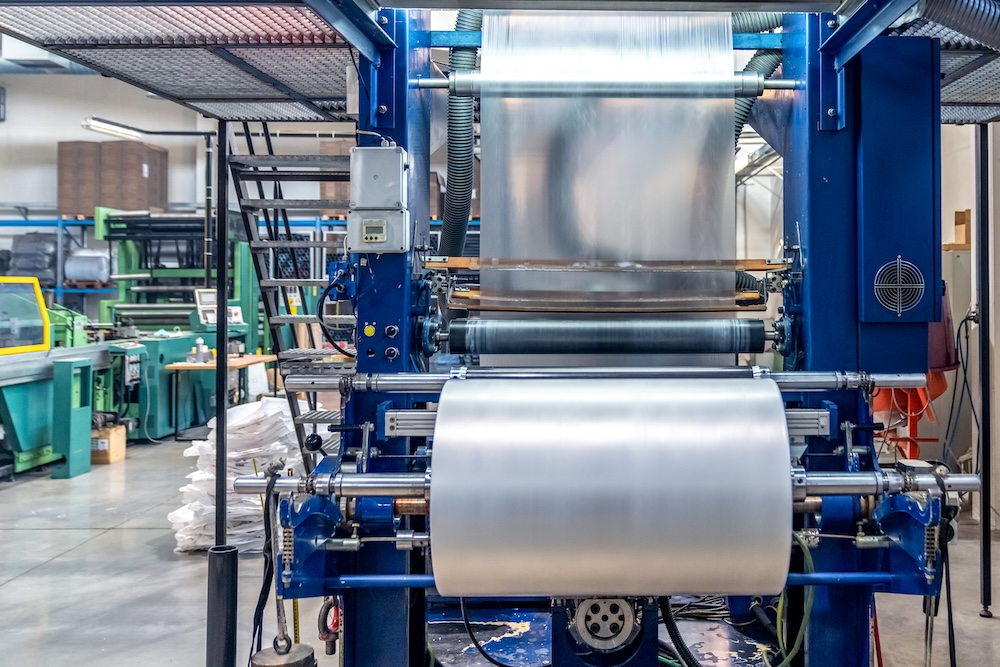When most people think about plastic, they picture bottles, bags, or food containers. Rarely do they think about oil rigs or gas fields. Yet plastic is almost entirely dependent on fossil fuels. In fact, about 99% of plastics are derived from petroleum or natural gas. Every disposable fork or polyester T-shirt is tied to drilling, refining, and carbon emissions. Understanding this hidden dependency reveals why tackling plastic pollution is inseparable from addressing climate change.
How Plastic Depends on Fossil Fuels
Oil and Gas as Feedstocks
Plastics are made by refining crude oil and natural gas into building blocks called petrochemicals. Ethylene, propylene, and benzene are then polymerized into resins like polyethylene (PE), polypropylene (PP), and polystyrene (PS). These resins become bottles, packaging, clothing fibers, and countless everyday products.
Energy-Intensive Production
Beyond being the raw material, fossil fuels also power plastic production. From extraction to transport to polymerization, the process requires large amounts of heat and electricity, often generated by burning more fossil fuels.
Embedded Emissions
Each step releases greenhouse gases. A single ton of plastic production can generate between 2–3 tons of CO₂-equivalent emissions, contributing directly to global warming.
Why This Connection Matters
Expanding Demand
As renewable energy replaces fossil fuels in power and transportation, oil and gas companies are betting on plastics as their next big market. This could lock the world deeper into carbon-intensive pathways.
Recycling Isn’t Enough
Only about 9% of plastic is recycled globally. The rest is landfilled, burned, or leaked into the environment. Recycling can reduce dependence on new fossil fuels, but it’s nowhere near enough to offset production growth.
Double Crisis: Waste and Climate
Plastic isn’t just an ocean pollution problem. Its fossil fuel roots mean every plastic bag or package is also part of the climate crisis.
Signs of Change
- Policy action: The UN is negotiating a global plastics treaty that may set production limits, not just waste targets.
- Corporate commitments: Some companies are pledging to reduce virgin plastic use and increase recycled content.
- Material innovation: Bioplastics, mycelium packaging, and refillable systems are emerging alternatives to fossil-fuel plastics.
FAQs
Isn’t plastic made from chemicals, not oil?
Plastics are chemicals, but those chemicals almost always come from petroleum and natural gas feedstocks.
Can we just switch to recycling?
Recycling helps, but it cannot keep pace with the scale of plastic production. Cutting virgin plastic made from fossil fuels is essential.
Are bio-based plastics the answer?
They can reduce reliance on fossil fuels, but not all are biodegradable, and some compete with food crops. The best approach is reducing overall plastic use.
Final Thoughts
Plastic is more than just a waste problem — it’s a fossil fuel problem. Every bottle, bag, or wrapper connects to drilling, refining, and carbon emissions. Breaking this link requires reducing virgin plastic, scaling alternatives, and reimagining systems of reuse and refill.
Small shifts — choosing products with recycled content, refusing single-use items, and supporting refill systems — create ripples that reduce demand for fossil fuels. Those ripples grow into waves that cut both plastic waste and carbon emissions, building a future that’s lighter on the planet.









Reader Interactions